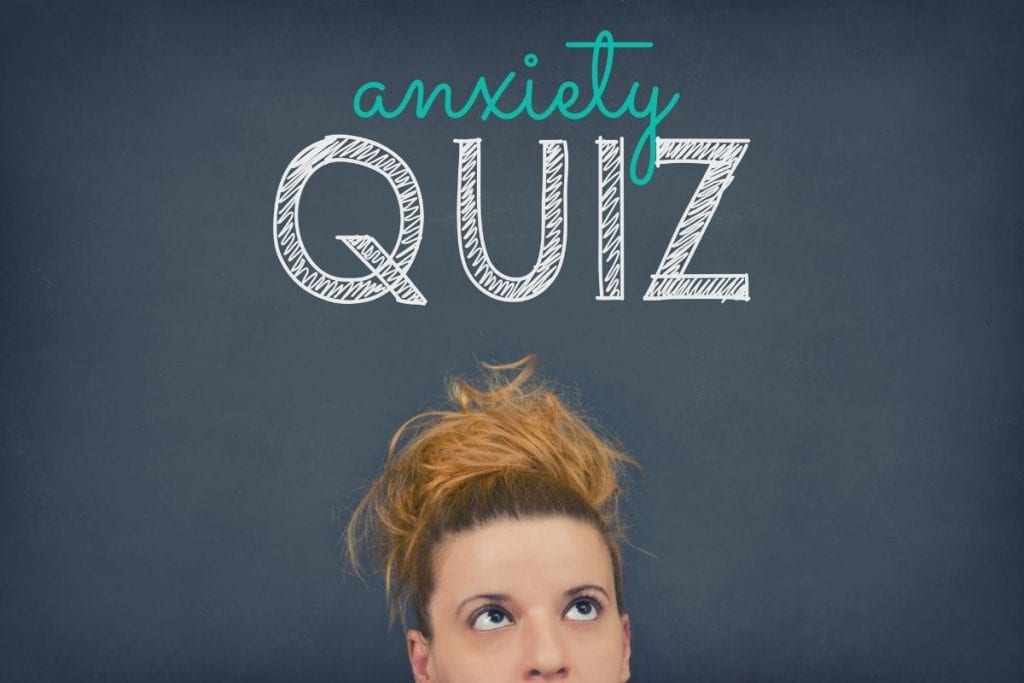
You may have come across an “anxiety test” or “quiz” online in your quest to better understand your symptoms. These “quizzes” are often multiple-choice questionnaires that ask you about your symptoms of anxiety, their severity, or their frequency over a certain amount of time.
These tests can be useful to understand your anxiety, but they can also be misleading or unhelpful, depending on how they are used. A common assessment for anxiety is the Generalized Anxiety Disorder Questionnaire (GAD-7).
Although a full discussion of the psychometric properties and clinical implications of the GAD-7 are beyond the scope of this blog, here we provide some basic information on how mental health professionals use this tool in practice and the general benefits and pitfalls of such assessment tools.

What is the GAD-7?
When providing evidence-based care, it is common to ask clients to fill out various questionnaires to assess existing symptoms and to track changes in symptoms over time.
The GAD-7 is commonly used to allow clinicians to quickly and objectively compare their client’s symptoms to a larger sample of individuals with similar concerns.
Results from the GAD-7 can tell us whether symptoms are mild, moderate, moderately severe, or severe. There are many great attributes about the GAD-7 that make it popular and widely disseminated.
However, it is important to know that the GAD-7 alone cannot be the basis for any diagnosis. Licensed mental health professionals integrate the results of assessments like the GAD-7 with other important information, including the results of a comprehensive clinical interview and the review of other available records, in order to make a proper diagnosis and treatment plan.

What do I do after I take an anxiety quiz?
Following a self-administered “anxiety quiz,” it is important to know that whatever the outcome, a diagnosis can only be made after a comprehensive assessment with a trained mental health professional.
While online quizzes can be helpful to get an initial understanding of your own symptoms, it cannot replace the other information and clinical expertise needed to truly assess for any mental health disorder.
Regardless of the outcomes of such “tests” or “quizzes,” if you are experiencing anxiety for an extended period, I would highly encourage you to reach out to a licensed mental health professional for additional information and support.
If you would like to access care and want more information about our services at Coronado Psych, please contact us at 619-554-0120, info@coronadopsych.com, or click here to schedule an initial consultation.
Please see below for more information about the psychometric properties of the GAD-7:
https://jamanetwork.com/journals/jamainternalmedicine/fullarticle/410326

No Comments yet!